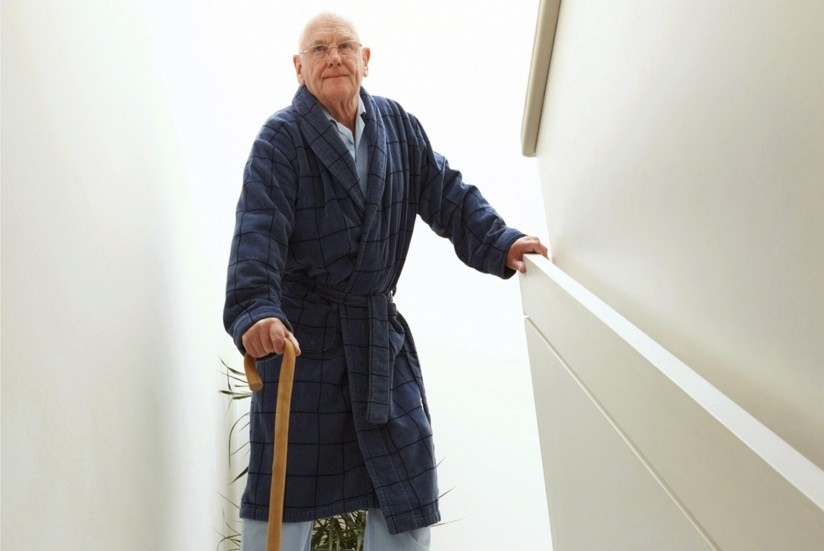National Safety Month calls for an ounce of prevention
June 25, 2015
Events Faculty Health and Wellness
June is National Safety Month, an annual observance designed to educate the public about habits, tools and behaviors that can limit otherwise preventable injuries and deaths.
According to the Centers for Disease Control, one out of every three older adults aged 65 or older falls each year. Among this population, falls are the leading cause of both fatal and non-fatal injuries, the direct medical costs of which are estimated at $34 billion annually.
The good news is that, according to gerontologist and health services researcher Natalie Leland at the USC Chan Division of Occupational Science and Occupational Therapy and the USC Davis School of Gerontology, a few easy fixes can drastically increase in-home safety.
The research focuses on, among other topics, falls incurred among nursing home patients. Leland recently received a research grant from the Agency for Healthcare Research and Quality to better define quality measures for hip fracture care in order to evaluate — and eventually improve — the quality of post-acute care rehabilitation.
Leland offers her five simple tips to improve safety in and around home environments:
- Keep traffic paths clear of potential hazards such as furniture, slippery rugs, household clutter and electric wires or cords.
- Stay active — strength, coordination and balance are important abilities that can help prevent falls.
- Keep adequately hydrated by consuming fluids, especially during the summer months, because dehydration can lead to cognitive changes, such as confusion, which increases the risk of falling.
- Wear well-fitting and maintained footwear, which are safer than shoes with worn soles or treads or which do not fit properly.
- Ensure smoke detector and carbon monoxide detector batteries are replaced on a regular basis so that loved ones don’t have to climb ladders to replace them and to provide adequate notice in case of emergency.
⋯
Next by tag Events ⟩ Faculty ⟩ Health and Wellness ⟩






